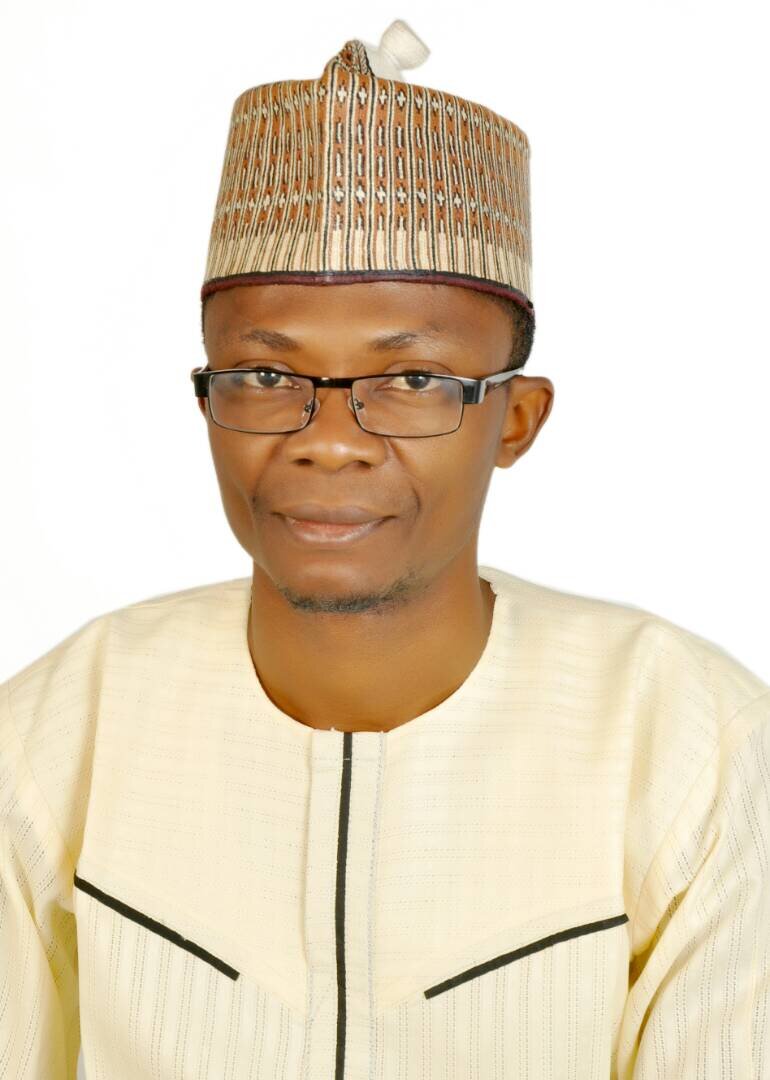By Selina Seesunkur
Makeup for men has made a huge comeback. Some of you may ask “when was it ever in fashion?”
The men of Ancient Egypt wore a black pigment to highlight their eyes, creating a cat’s eye effect, as a sign of status and wealth. In the 1st century AD, Roman men were said to have applied red pigment to their cheeks, lighten their skin with powder, and paint their nails using a stomach-turning elixir of pig fat and blood. Like the Romans, Elizabethan men and women whitened their faces with a lead-based powder, but who could beat the French Aristocrats with their painted-on beauty spots, pink lips, ostentatious wigs, and heels. But then makeup seemed to have just gone out of fashion, perhaps because no-one relished the thought of having their heads removed just by standing out with makeup. Research suggests that the Victorians did in fact frown upon men wearing makeup and the trend ended.
Makeup re-emerged with the invention of the television. Movie stars, both men and women, would use powder to take off the sheen and to emphasise their best assets. During the Eighties and Nineties, makeup was not as mainstream as it is now, it was a privilege normally reserved for the bold and flamboyant like Prince, Boy George and David Bowie.
However, it was only during the last decade that the makeup brands began to give more focus to male makeup. Yves St Laurent launched the male version of Touché eclat, whilst brands like Chanel launched their men’s line Boy De Chanel, Danny Gray launched War Paint, a complete collection of makeup for men, and MMUK MAN now sell foundations, concealers, guyliner, and mascara aimed solely at men.
Why is makeup for men so popular now?
3.69 billion people use social media worldwide, equivalent to 58.11% of the world’s population. Male makeup artists use social media as a platform to gain exposure and have been successful in collaborating with brands to make money. Manny MUA has a following of over 4 million on Instagram alone. You-Tuber Jeffree Star has over 13 million followers, with his makeup brand Jeffree Star Cosmetics, now estimated to be worth $1.5 billion. Companies use social media to talent spot, selecting those users with the widest reach to promote their products which, by the time you hit the big time, are provided for free.
What about the non-makeup artist? Men, like women, seem to have a need to look beautiful and flawless, again a pressure born out of social media. It is easy for us to say don’t use social media if it makes you feel ugly, that would be like telling children to just not go to school if they are being bullied., just excluding yourself should not be the necessary option. Social media is an integral part of modern life. The beauty industry has helped women for centuries by remedying their perceived flaws and imperfections, so why not men in this gender fluid society? According to Priya Elan for the Guardian, “Euromonitor predicts the men’s grooming and beauty market will be worth more than £49bn this year, a quadruple rise from what it generated in 2015”. Is this the end of the rugged man look that women are perceived to love so much? We will be competing with men to look pretty and feminine? For some of us, yes.




